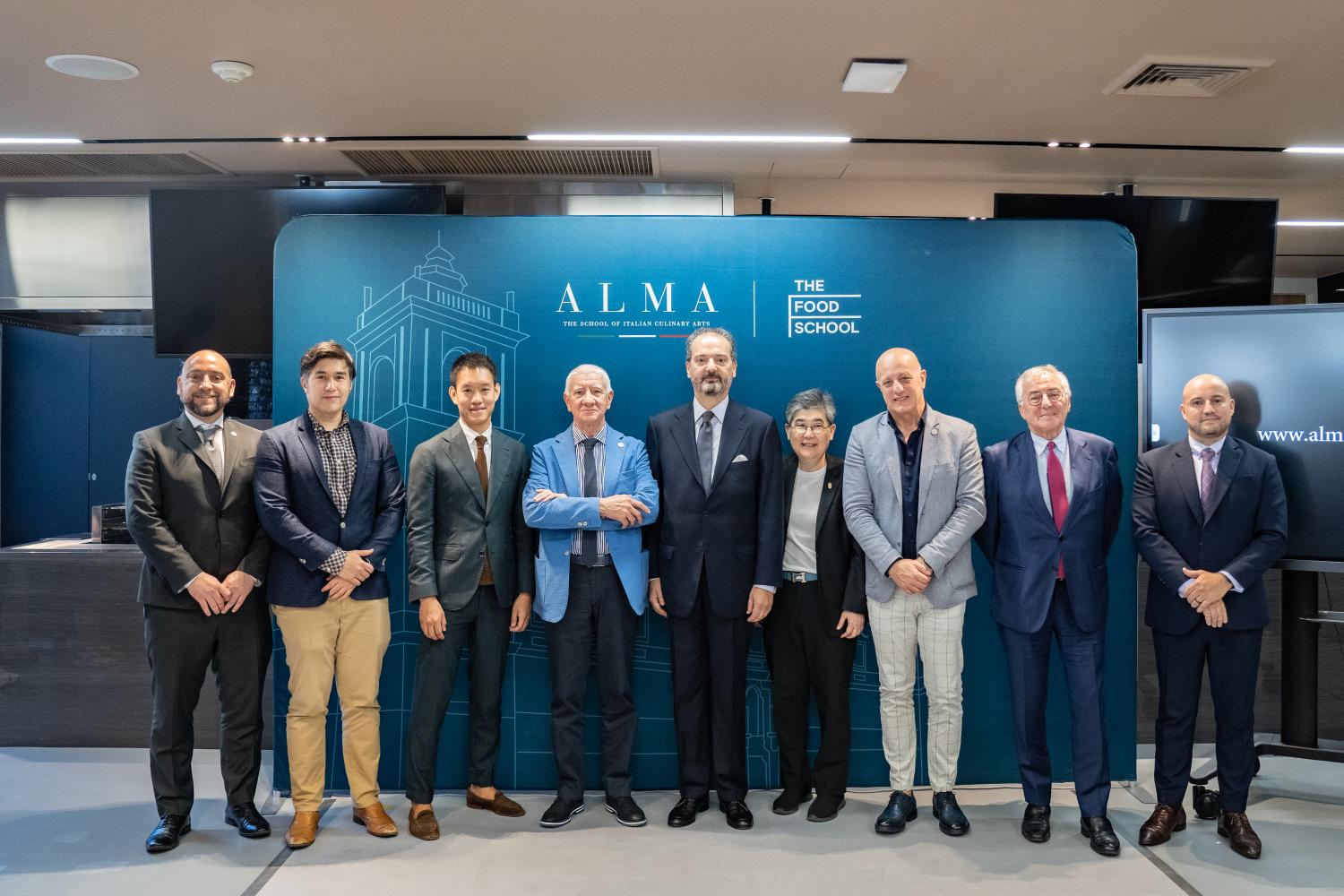
Hotel operator Dusit International is experiencing an ongoing shortage of long-haul guests because of limited flights and high airfares, although last year's fourth quarter saw its best performance in three years with a 75% occupancy rate.
Siradej Donavanik, vice-president of global development at Dusit International, said long-haul guests could reach pre-pandemic levels in the fourth quarter of this year as Thailand remains a popular destination for them.
He said the government should focus on increasing high-spending tourists and promoting Thailand as a high-end destination, such as by utilising health and wellness concepts -- serenity, sustainability and spirituality -- rather than just being a sea-sand-sun destination.
Long-haul guests, most of whom were big spenders, made up about 30% of total guests at Dusit hotels in Thailand last year, still lower than the 45% recorded in 2019, said Mr Siradej.
Meanwhile, the average room rate for all hotels, excluding ASAI brands which opened in 2020, remained 15-20% below 2019 levels.
Mr Siradej, the third-generation leader of Dusit Thani, said the domestic market might have helped stimulate cash flow during the pandemic, but it was not traditionally its main focus compared to international guests.
Moreover, the company still has to diversify to achieve more balanced portfolios in some hotels, such as properties in Hua Hin where most guests are Thai.
Mr Siradej said Dusit had also started to see independent travellers from China this month, driven by the Chinese New Year celebrations.
As the mainland tourists gradually return, they will likely visit key destinations such as Bangkok, Phuket, Pattaya, Hua Hin and Chiang Mai, which could benefit hotels in those locations, he said.
Given that China's economy is slowing down and analysts have also predicted a global recession this year, Mr Siradej said the hospitality segment will be affected.
"The Chinese market is definitely coming back, but at the same time we will also closely watch out for the recession," said Mr Siradej.
He said he believed strong pent-up demand in the Chinese market, especially from the middle- and upper-income population, would help boost the luxury hotel business amid a recession as high-spending tourists would be unfazed by an economic downturn.
Speaking at the official opening ceremony of the flagship branch of ALMA, the school of Italian culinary arts, Mr Siradej said the Food School Bangkok is a part of an educational investment by Dusit International, which has been joined by three key investors: ALMA, Glowfish, and Allied Metals (Thailand).
The school offers accredited core cooking courses as well as short cooking classes for Thai food, Japanese food and Italian food from three partnered institutes: ALMA, Dusit Thani College, and Tsuji Culinary Institute.
Mr Siradej said the Food School Bangkok has been positioned as a culinary school in the region, attracting students from nearby countries as well as locals and expatriates in Thailand.
A total of 700 students are expected this year, and the business is expected to break even within four years.







